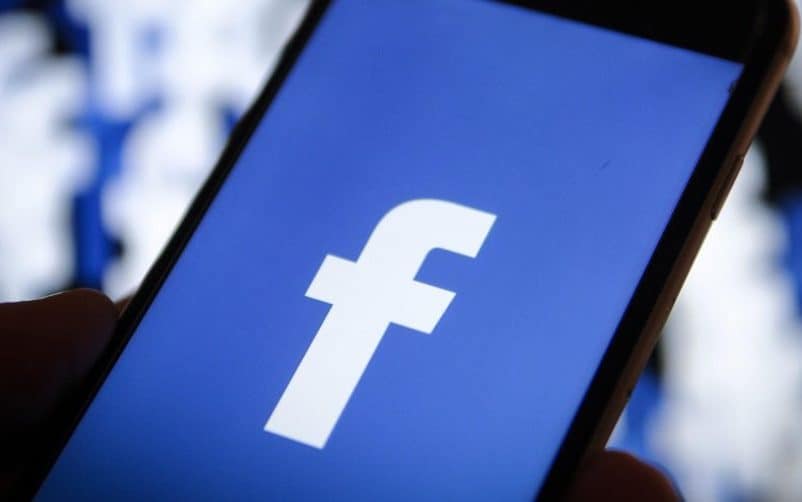San Francisco: Facebook has banned four groups in Myanmar involved in spreading hate and inciting violence in the country.
The company designated the Arakan Army, the Myanmar National Democratic Alliance Army, Kachin Independence Army and the Ta’ang National Liberation Army as “dangerous organisations”.
“These armed groups are now banned from Facebook and all related praise, support and representation will be removed as soon as we become aware of it,” the social media giant said in a statement late on Tuesday.
Since last August, Facebook has taken down three networks who were misrepresenting who they were and what they were doing and some banned Myanmar military officials to prevent the spread of hate and misinformation.
“There is clear evidence that these organisations have been responsible for attacks against civilians and have engaged in violence in Myanmar, and we want to prevent them from using our services to further inflame tensions on the ground,” said the company.
[also_read url=”https://archive.siasat.com/news/rohingya-crisis-unicef-head-visits-rakhine-backs-annans-recommendations-1461502/”]Rohingya crisis: Unicef head visits Rakhine, backs Annan’s recommendations[/also_read]
Coming under fire for not doing enough to stop the misuse of its platform from spreading hate in Myanmar, Facebook in November promised to invest more in people, technology and partnerships to make the social network a safer place.
Facebook said it was looking into establishing a separate policy that defines its approach to content moderation with respect to human rights, as per recommendation from San Francisco-based nonprofit Business for Social Responsibility (BSR).
BSR was commissioned by Facebook to make an independent human rights impact assessment on the role of the social network’s services in Myanmar.
In April last year, the Guardian reported that hate speech on Facebook in Myanmar had exploded during the Rohingya crisis, which was caused by a crackdown by the military in Rahkine state in August 2017.
[source_without_link]IANS[/source_without_link]

